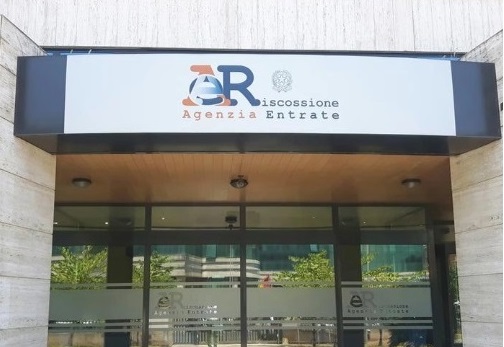

The two regimes have different application conditions, and, in a nutshell, the former is applicable only where the transferee company acquires control of the target company; the latter, on the other hand, where the transferee contributes particularly qualified shares and has 100% of the transferee.
In this specific case, the series of transactions under the Agency’s review aimed to reorganize the control structure of an operating joint-stock company, owned by four individual shareholders, each holding a 25% stake in the company’s share capital and voting rights.
The first transaction, which had already been completed at the time of the ruling request, involved the four shareholders jointly contributing their shares to a newly established holding company, applying the tax neutral regime under Article 177, paragraph 2 of the TUIR. Following this contribution, the new holding company (equally owned by the four shareholders) took on functions of operational management (facility management) and financial management (treasury), with the aim of separating the group’s governance from the management of the operating company.
The second transaction, yet to be carried out, envisages that each shareholder will contribute their share in the newly established holding company to a newly created single-member holding company, again applying the tax neutral regime, this time under Article 177, paragraph 2-bis of the TUIR.
At the end of the reorganization, each of the four single-member holding companies, attributable to the original shareholders, will hold 25% of the main holding company, which in turn will own 100% of the operating company.
The Revenue Agency concluded that, in principle, the execution of the second contribution, occurring some time after the first, does not result in an undue tax advantage and, therefore, does not constitute an abuse of rights under Article 10-bis of Law 212/2000.
This is because the reorganization appears consistent with the purpose of the rules on the applied tax neutrality regime, which aim to facilitate the reorganization of shareholdings held by individuals.
However, the Agency clarified that this assessment could change if the described transactions, together with any other acts or legal agreements not mentioned in the request, were aimed at circumventing the final provision of Article 177, paragraph 2-bis of the TUIR, which stipulates a holding period of up to 60 months before the disposal of the shares contributed under the controlled realization regime.
It should be emphasised that, as part of the ongoing tax reform, major changes are expected to be made to the application conditions of the aforementioned regime, which could favour reorganisational operations also aimed at and possible generational handovers.
Our firm, with its dedicated Wealth and M&A departments, continues to monitor regulatory developments and remains available for further information.








